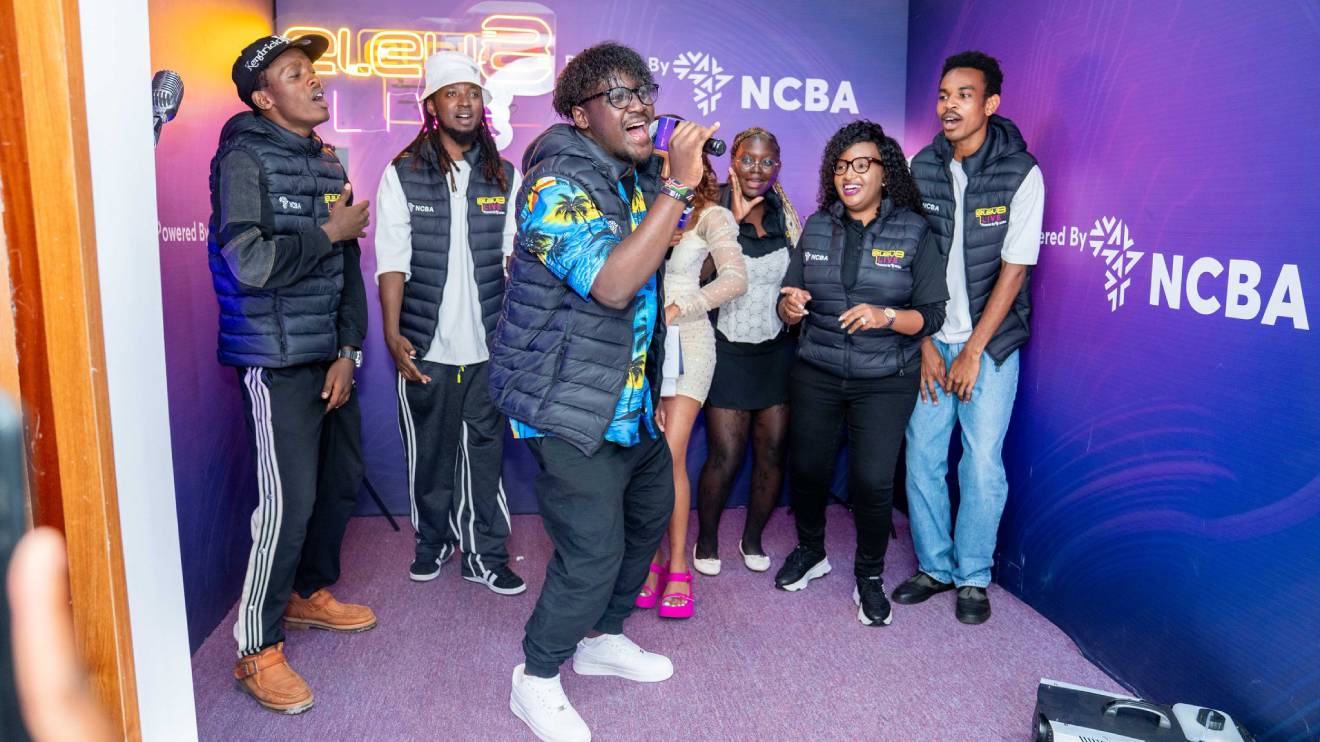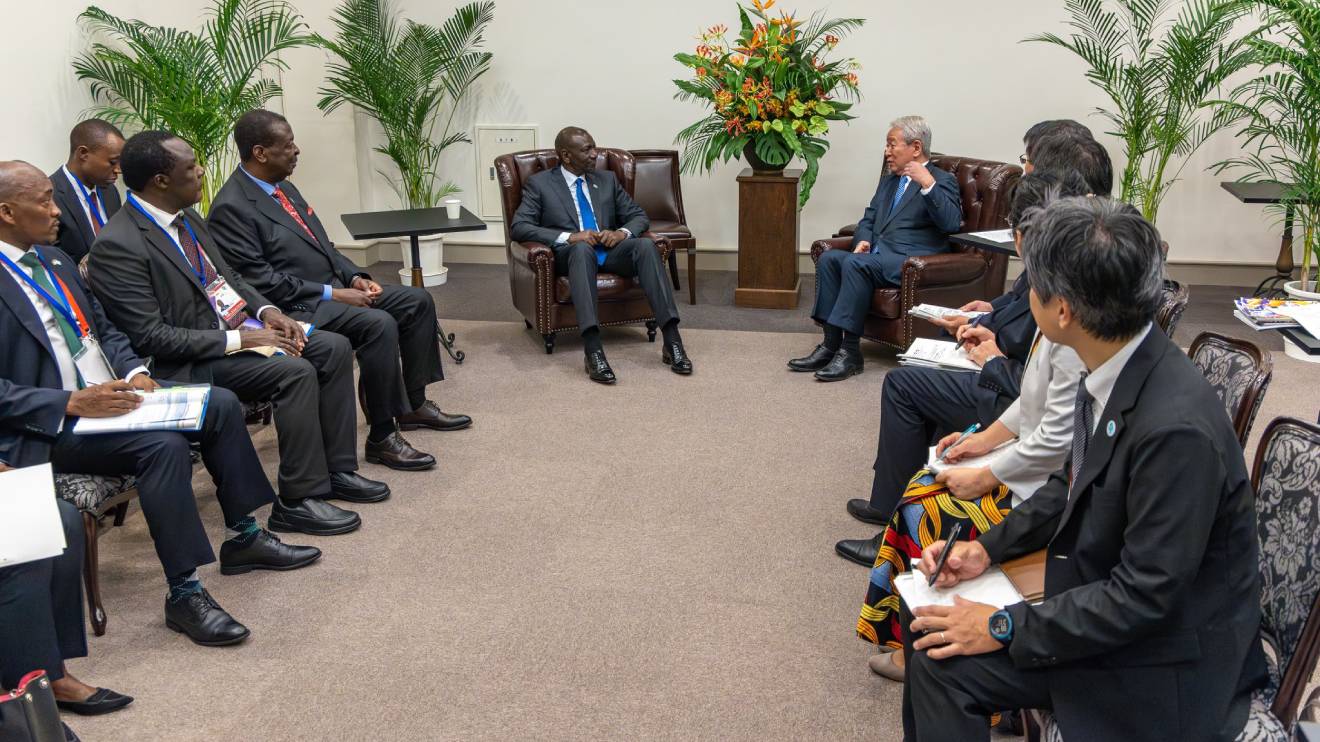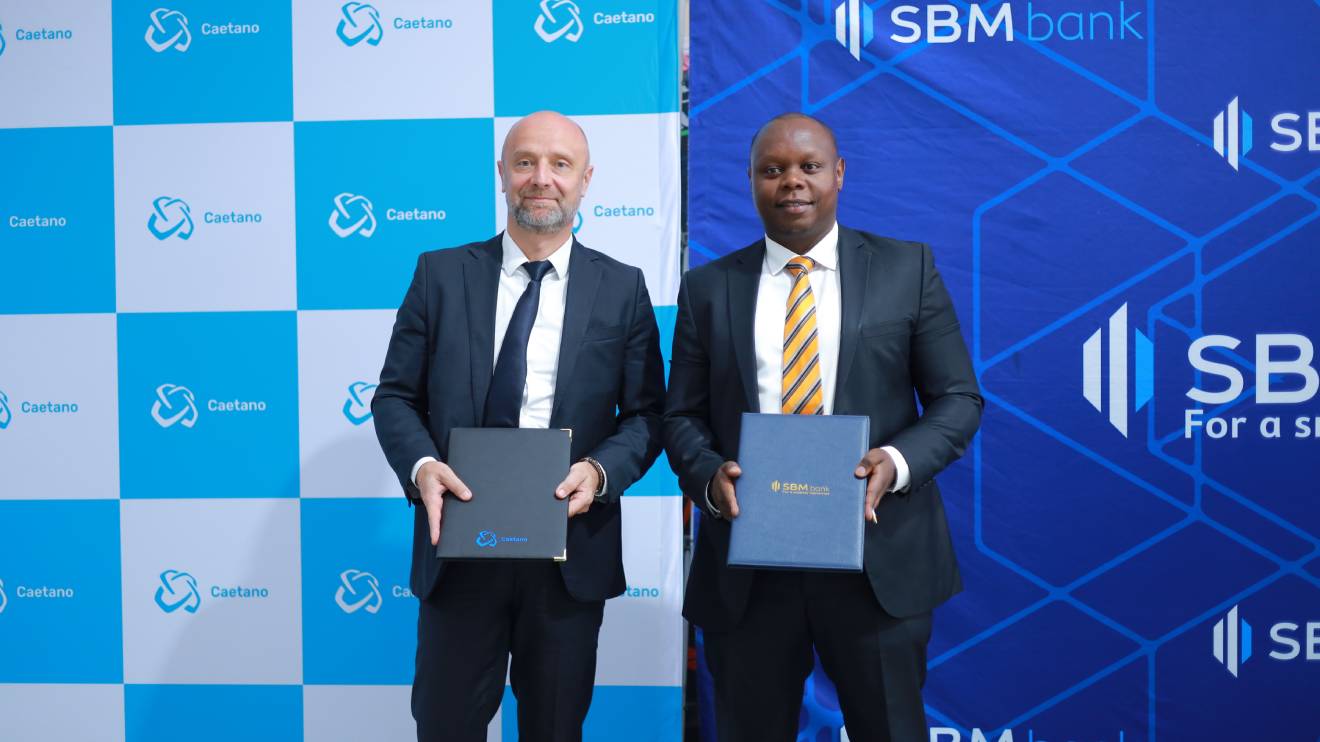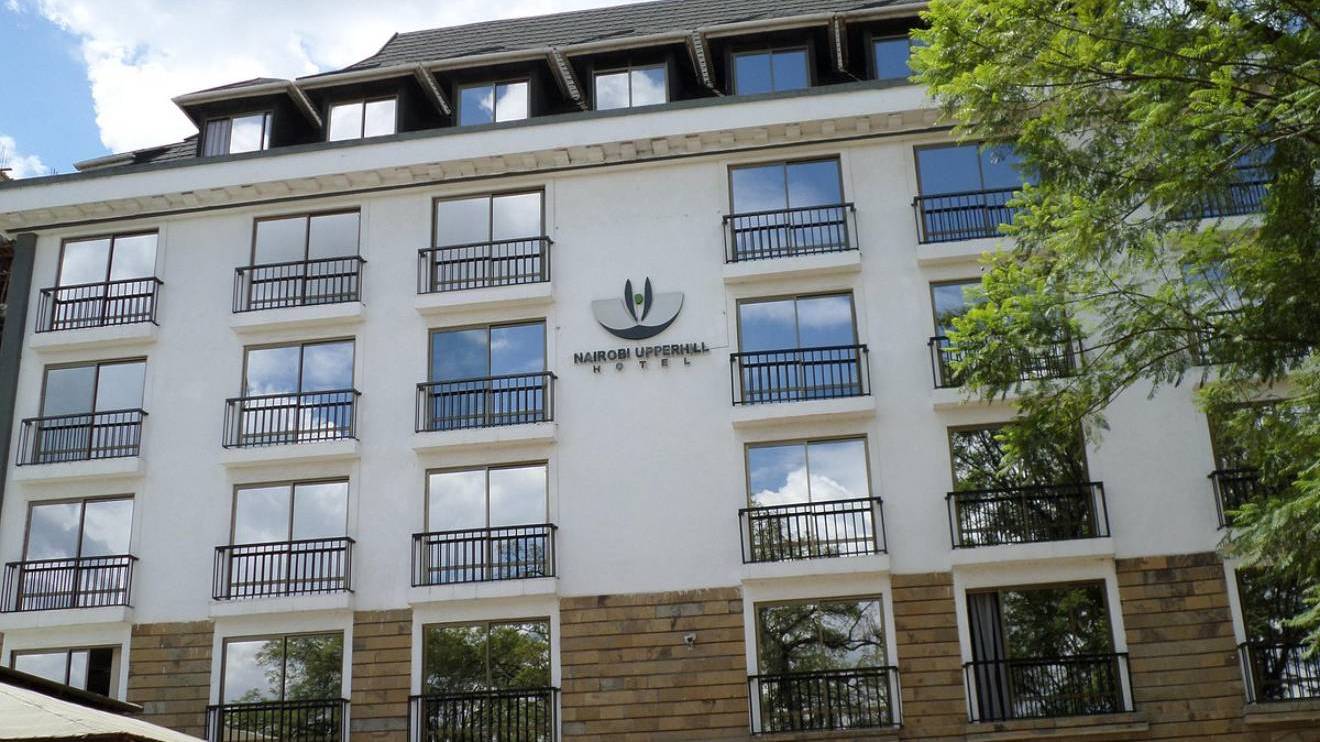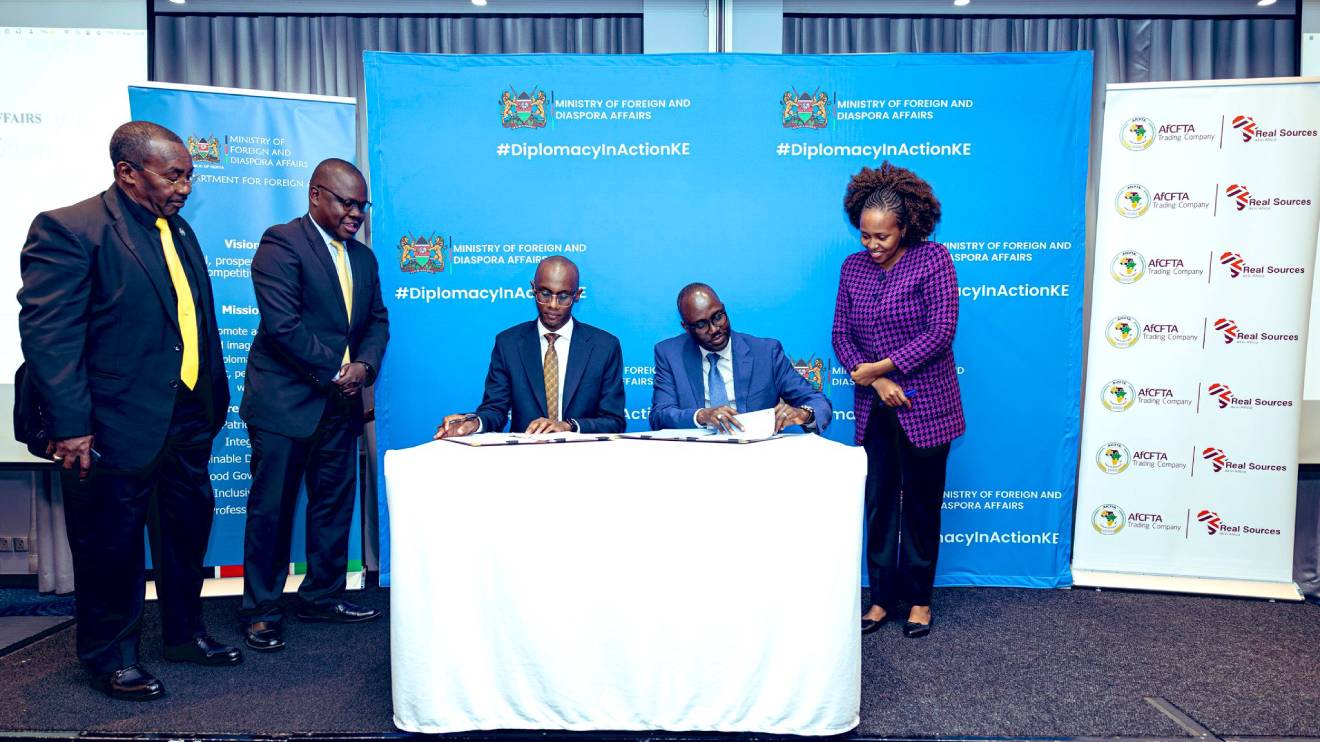NCBA Bank has unveiled a new platform to unearth and mentor emerging musical talent in Kenya through a partnership with acclaimed producer Motif Di Don.
The initiative, branded ELEV8 LIVE Studio powered by NCBA, is positioned as both a gateway into the creative economy and an extension of the bank’s sustainability agenda.
The move comes against the backdrop of a creative industry that contributes 5.3 per cent to the national economy, roughly Sh110 billion, but still struggles with weak structures, patchy policy implementation, and limited access to finance.
Official figures show that while Kenya is home to more than 300,000 creative entrepreneurs, only 5 per cent of artists receive consistent royalty income, according to the Music Copyright Society of Kenya (MCSK, 2022).
Music was selected as the entry point for the programme given its universal appeal and commercial possibilities across streaming, live performances, and licensing.
Read More
Industry projections highlight that the global music market could reach Sh20.4 trillion ($153 billion) by 2030, with streaming already accounting for more than 65 per cent of revenues, according to Goldman Sachs and the International Federation of the Phonographic Industry (IFPI).
Yet, financial institutions have traditionally held back from engaging the creative sector, citing what they call the “three Cs” of banking.
Many artists fail to register their ventures, leaving little in the way of records or cash flow statements, which makes it difficult to assess capacity.
The perception of creative careers as hobbies rather than serious professions has also shaped attitudes towards character.
On collateral, most young creatives do not possess assets such as land, property, or logbooks that are usually required for lending.
NCBA says its new platform will confront these barriers directly.
Through ELEV8 LIVE Studio, the bank promises mentorship, financial support, and a pipeline for future financial products tailored to artists’ needs. T
he project forms part of NCBA’s 15 sustainability commitments, which include specific pledges on youth empowerment and skills development.
The bank’s engagement in the creative economy is not limited to music.
NCBA has previously supported stand-up comedy, visual arts exhibitions, golf monetisation for both amateurs and professionals, and sponsorship of various cultural, film, theatre, health, and innovation programmes.
Its broader sustainability agenda is equally ambitious.
Among the highlights are a pledge to grow 10 million trees by 2030, steer Sh30 billion in green and sustainable financing, and invest in regional electric vehicle charging infrastructure.
The bank has also committed to reducing direct emissions by 50 per cent, allocating Sh100 million annually to community support, ensuring at least 30 per cent of procurement spend benefits women and youth, and completely eliminating single-use plastics by 2030.
In addition, NCBA has rolled out the “I Change the Story” programme to mobilise its 3,000-plus staff, while seeking to improve diversity in its leadership and operations.
It also plans to embed climate-related risk assessments across its financing activities in line with the Paris Agreement.
By tying its financial services to the creative sector, NCBA is betting that the untapped potential of Kenyan artists can be matched with the bank’s innovation and sustainability agenda.
The launch of ELEV8 LIVE Studio marks an attempt to shift how banks perceive and engage with the creative economy, from a risky venture to a viable growth frontier.

